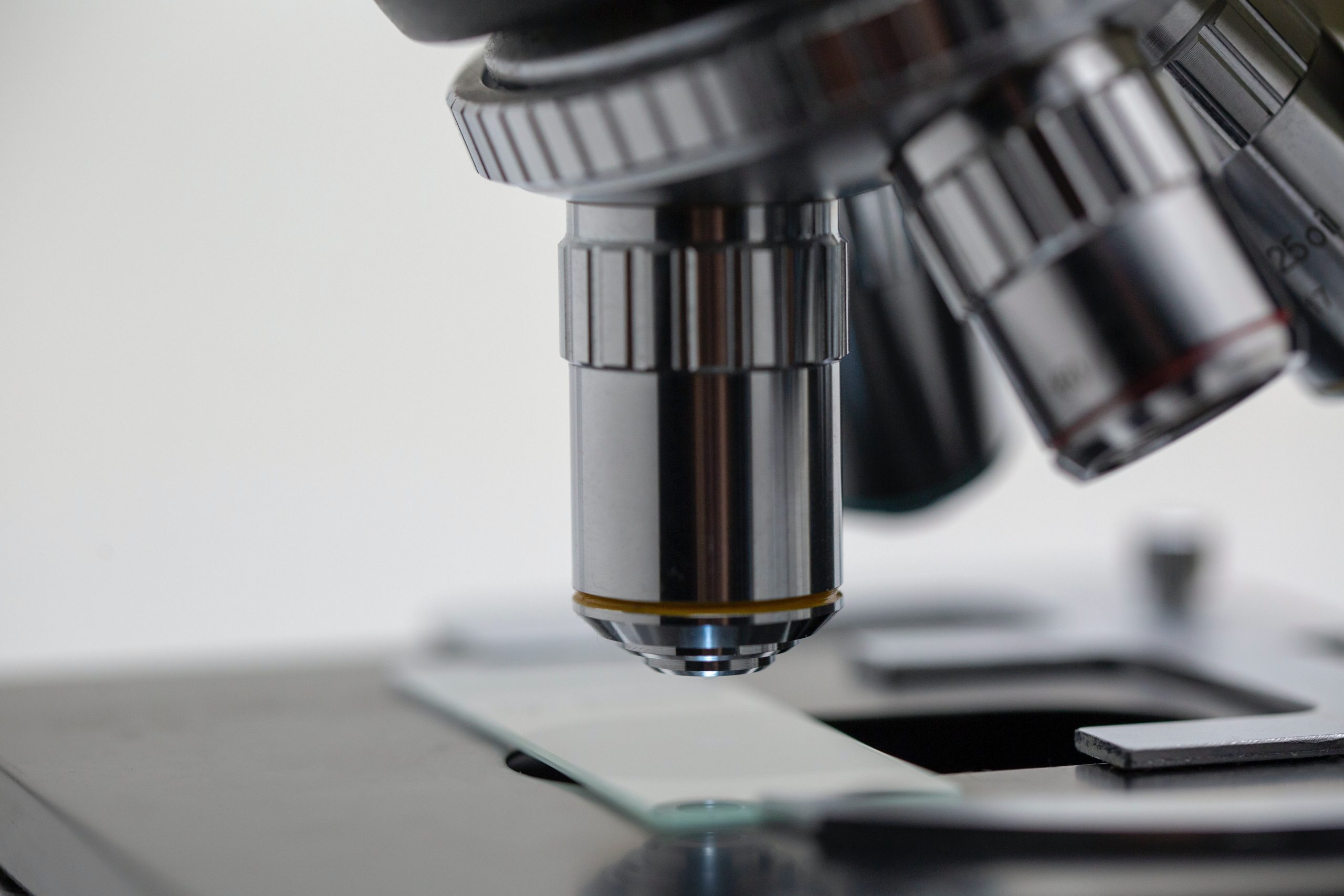When people reach the end of life, the last thing on their minds may be about donating. However, it remains a fact that you can still donate to charitable causes long after you’ve died. Some people choose this route when death is imminent. After all, it is a noble endeavor to donate organs that others may need to keep living. It is a gift that keeps on giving!
Apart from this option, you can also choose to give your whole body to science. This gesture aids scientific and medical research for the development of medicine or other treatments. When you analyze it, this decision assures that you can continue to help generations even long after you are gone. If you are thinking of donating your body to science instead of going with traditional burial services, here are some things to consider.
Donating Organ Parts Versus The Whole Body
This decision boils down to personal preference. Though there are nuances between the two, both types share the common ground of allowing you to continue sharing your kindness with the world even after death. Noteworthy, organs from one single human body can save up to eight lives, as many people on the transplant list wait for the heart, liver, kidney, lungs, and even small intestines. Donating tissues like tendons, heart valves, and eye corneas can help more than fifty people.
Meanwhile, whole-body donations mean everything goes to medical schools or other scientific institutes. Usually, researchers use the body to craft new treatment plans for diseases or create new medical devices. To illustrate, your arteries may be harvested to develop a new stent, or they can use your knee to fine-tune a new ACL tear repair procedure. In medical schools, the body or cadaver aid aspiring doctors master skills, such as:
- Learning human anatomy
- Fine-tuning surgical cuts and techniques
- Examining the cause of death
Being One or Both Kinds of Donor
You have the choice to donate organ parts, your whole body, or both. You can specify for your organs to be removed first to help transplant patients on the waiting list. Later, you can give instructions for the rest of your tissues to be transferred to a facility or be removed for research.
However, in general, most people choose one path as there are several vetting procedures and paper works to deal with. If you are keen on this, explore your options while you still can.
Making Proper Arrangements for Your Wishes
If you are keen on having your body donated to medical science, you must make arrangements ahead. Leave word with your loved ones to ensure that they will follow your wishes. You must enlist as an organ donor ahead in your province or territory registry. Anyone of any age can donate, as long as your organs and tissues are healthy You also need to:
- Match potential recipients in terms of blood type
- Location and proximity are checked
- A few other factors are vetted, like any existing illnesses or past surgeries
Similarly, you can contact the body donation program of any local medical school near you. This endeavor allows you to help medical students to train and practice their skills. Another approach is to register with a broker that supplies cadavers and tissues to research programs that helped veteran doctors. Most whole body donation programs accept any age. But some follow certain restrictions like refusing those who are morbidly obese or carriers of infectious diseases like HIV or hepatitis C.
Knowing What Happens to the Body After Donation
After donating the organs and tissues, the body is immediately returned to the family after harvesting the necessary parts. The procedures are done with no added cost to the family. Upon return, the loved ones can proceed with burial services or cremation, whichever they prefer.
Similarly, body donation doesn’t cost a single cent. After the medical school or laboratory is finished with whatever they need, the remains will be cremated for free. The ashes placed inside an urn are then returned to the family. From there, the family can choose whatever they want with the ashes, such as:
- Keep the urn at home
- Bury the urn or place it in a columbarium
- Scatter the ashes in a meaningful place
Notably, those who struggle financially can explore whole body donation programs as this comes at no cost to the donor. It will help save your family from the expense and stress of making final disposition arrangements. Most of all, you will be helping advance medical practices and research, akin to leaving one last gift for the world.
Final Wrap Up
Though some feel that leaving the body to science feels macabre, it has been a very old practice and custom since time immemorial as it can help the medical field tremendously. Choosing to donate organ parts and tissues or the whole body to science can give anyone a second life after the soul leaves the earthly body. It is a gift of love that saves lives.
The key is exploring your options ahead by bravely facing and making end-of-life plans. Whatever path you decide, you have to make sure you understand what the procedures entail. In the same token, you must ascertain that the family members you will be leaving behind know what steps are involved and adhere to your wishes.


